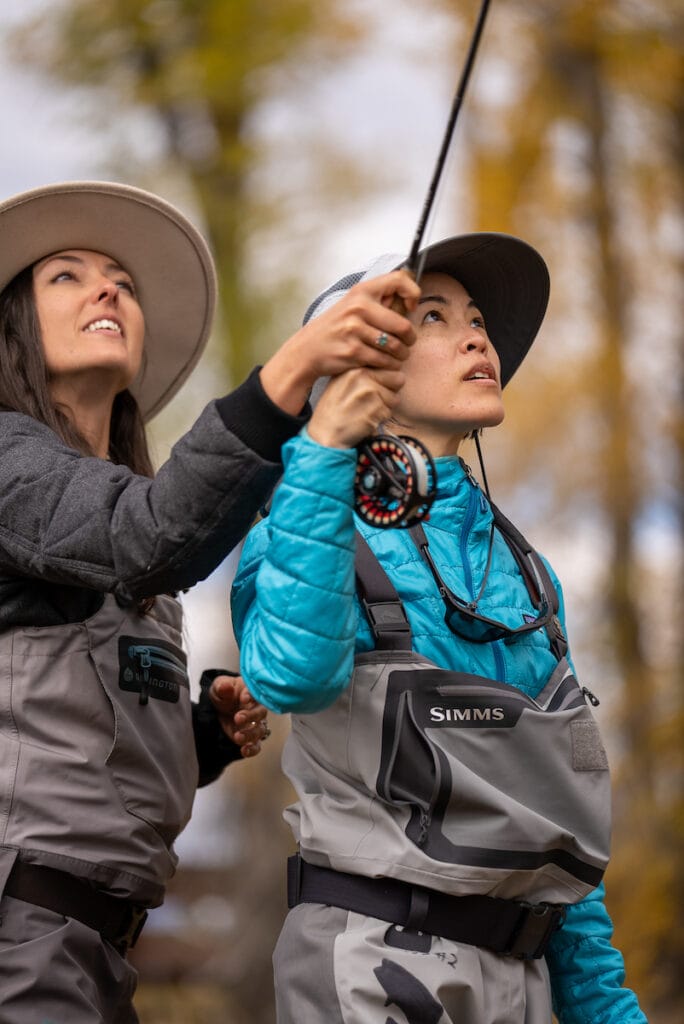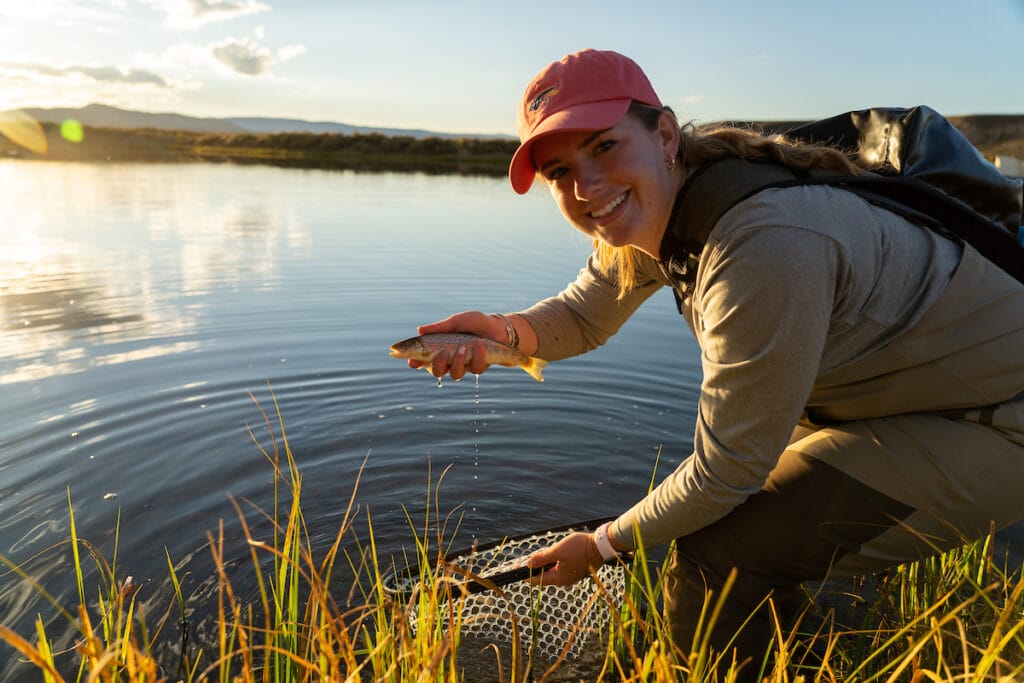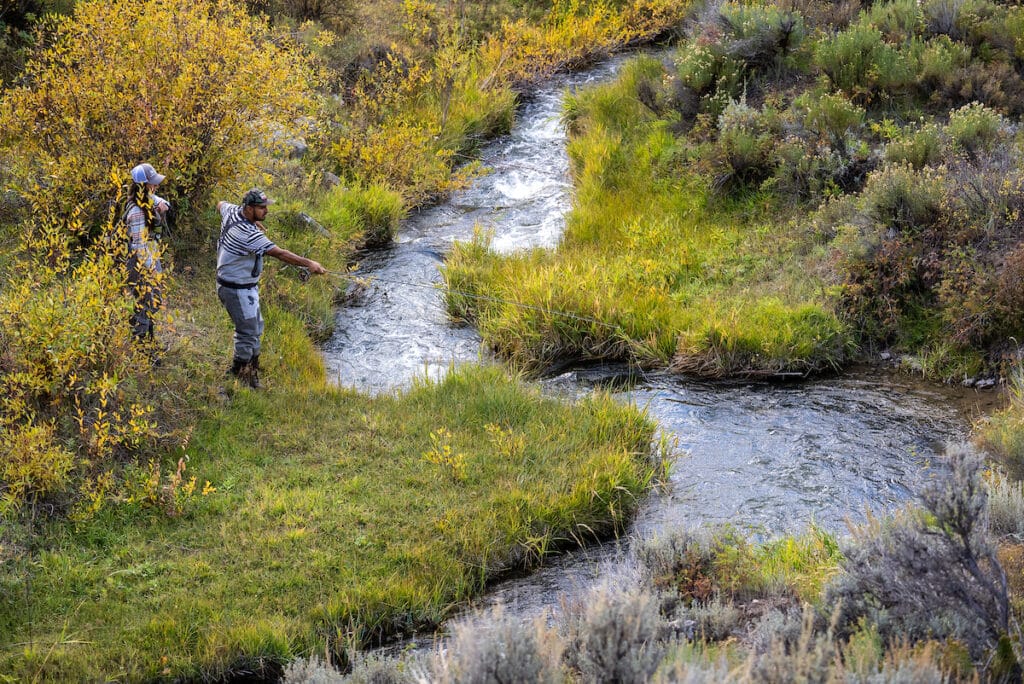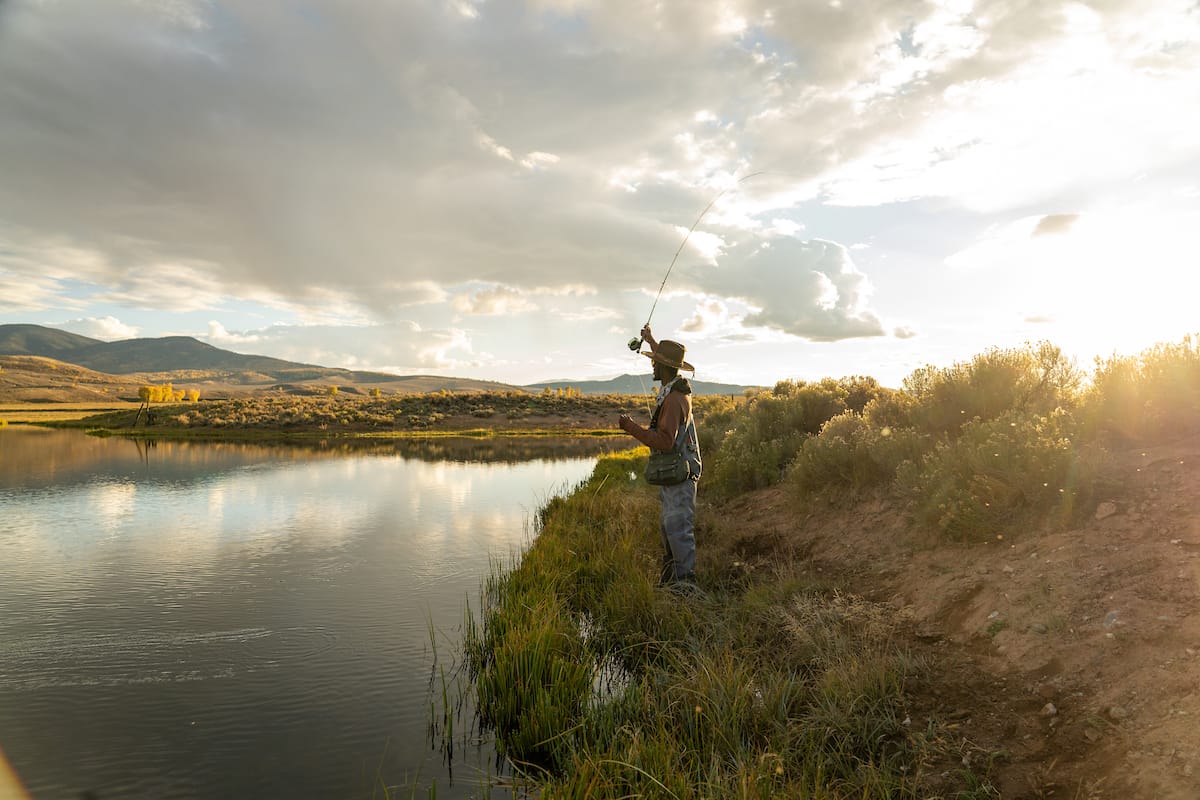I don’t ask for much, but if I could make one wish for next year, it would be that more companies and organizations in fishing do more to empower do-it-yourself anglers.
I actually think the future of the sport might depend on that.
I’m not picking on guides. Goodness knows I like guides, was a guide myself, and have plenty of guide friends. But we’re running a real risk these days by industrializing the fly-fishing experience in many places. Nobody is more aware and concerned by all of this than the guides themselves—at least the ones who have been around for a while.
That’s because they remember the days when one of the foremost missions of the guide was to teach people how to fish better, so those folks could ultimately succeed on their own. I fondly remember one guide trip with the late, great Kea Hause when we spent half the day anchored on the edge of Colorado’s Roaring Fork River going over maps and talking about fishing spots. He was an open book who had nothing to hide. He always had a new trick up his sleeve when he needed it. He was just that good.

The great ones are still carrying on the tradition for sure. But there are a concerning number of others making money by rowing a boat, netting fish, and little else. There’s obviously a market for that, and if that’s what you’re into, that’s your prerogative. But I think if you climb out of a guide’s boat at the end of the day without having learned at least one little thing that makes you a better angler, you got ripped off.
If the only way to get the “best experience” (which to many guides means racking up numbers) is to hire a guide for several hundred bucks a day… well, we shouldn’t complain that the sport is domineered by older men with free time and disposable income, and that fly-fishing lacks youth, diversity and energy.
The DIY angler is able to appreciate fishing anywhere, for trout or whatever else swims nearby. The DIY angler cares about public access. The DIY angler is the fly shop’s repeat customer, not a flash in the pan. The DIY angler is in it for the long haul, and as such, tends to care a lot about taking care of the rivers, and the fish that live in them.

It’s a fine line, of course. A great guide is the ultimate “influencer.” Many newbies hitting the water could sure use some help understanding river etiquette and the importance of sharing and caring about others in this community.
Knowledge is power. So, I hope more people—from the big companies to organizations like TU, to individuals who happen to enjoy fishing—will make a New Year’s resolution to gently mentor, encourage and help others learn more about fishing; because success breeds interest and interest breeds conscience. We need more people exploring, appreciating and feeling the raw power—the literal connection with nature—that trout fishing affords.

After all, there is nothing more rewarding than finding a fish… making the cast… watching the take… winning the battle… and gently releasing that fish, knowing that you did it all by yourself. You earned it.
Actually, there is one thing that’s maybe a touch more rewarding than that;
Standing on the bank, watching someone you’ve helped along the learning curve spot a fish… make a cast… witness the take… fight the fish to the net… and gently release that fish, all by themselves.
You both earn that one.



